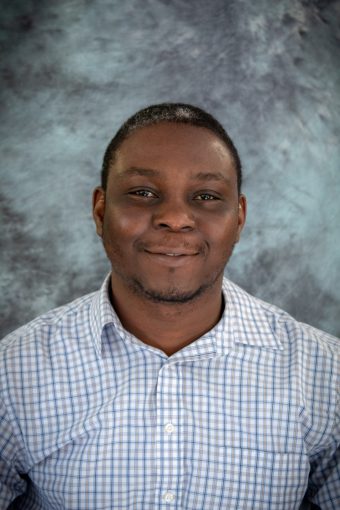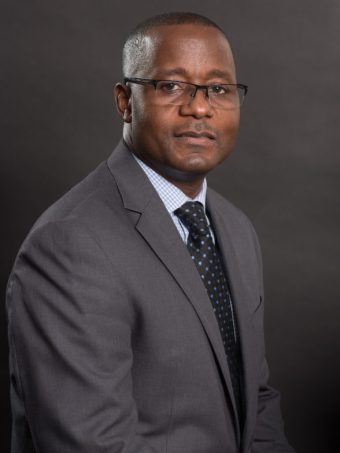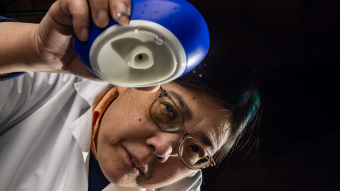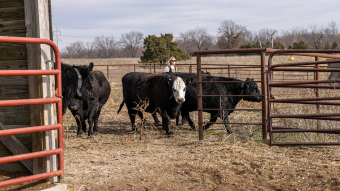Oct. 11, 2022
Contact: Brian Consiglio, 573-882-9144, consigliob@missouri.edu
While the lives of many college students throughout the United States were disrupted by the COVID-19 pandemic, a new study from the University of Missouri found that international college students from Africa were among the most impacted academically.
The pandemic severely interfered with their non-immigrant status, as travel limitations, restrictive employment opportunities and worries about family members back home made it difficult for international students to focus on their academic studies. The findings can help universities direct more tailored support to vulnerable populations during times of crisis given the challenges these students face may be different than those of the general student population.
“For international students at MU, particularly those of us from Africa, the pandemic was very hard for us given how far away we were from our families,” said Ifeolu David, a doctoral student in the MU School of Health Professions and lead author of the study. “With all the restrictions regarding our visa status and limited employment opportunities, you can imagine how the pandemic impacted our mental health and academic focus given our limited social support network.”

David, who came from Sierra Leone to study at MU, collaborated with Wilson Majee, an associate professor in the MU School of Health Professions, to interview 15 African-born international students at MU about how the pandemic impacted their college experience.
“Some international students are required to work certain internships to meet graduation requirements. International students are also only allowed to take job opportunities on campus to comply with eligibility requirements for their visas given their non-immigrant status. The pandemic took many of those in-person opportunities away, so it was tough,” David said. “Studying was difficult, as we were regularly calling our families back home to check in on them in a completely different time zone, which disrupted daily routines and made it hard to stay focused on academics.”
Majee added that as opportunities for internships and presenting research at conferences ended abruptly, the timeline for international students planning to graduate was delayed, leading to an often complicated and time-consuming process for getting their visa status extended.

“Nearly 20 years ago, I came to the United States as an international student from Zimbabwe, so helping this vulnerable population of students is personal for me,” Majee said. “Our overall goal is to improve their well-being and reduce their barriers as they study in the United States.”
The researchers said the findings can help university administrators advocate for or consider more flexible policies regarding visa regulations and employment opportunities on campus in times of crisis. Policymakers can advocate for or consider a faster, more efficient process for international students to become American citizens so that they can effectively contribute to, as well as benefit from the American economy.
“As an international student from Africa myself, I was able to relate to and resonate with the experiences shared by the participants in this study,” David said. “By giving international students a voice, we can learn more about their experiences and challenges so that we can ultimately improve their well-being here at MU and across the nation.”
“COVID-19 and higher education: A qualitative study on academic experiences of African international students in the Midwest” was recently published in Applied Research in Quality of Life. Co-authors on the study include Omoshola Kehinde, Gashaye Tefera, Kelechi Onyeka and Idethia Harvey from the MU School of Health Professions. Enid Schatz of the MU School of Health Professions is a supervisor of Ifeolu David.



